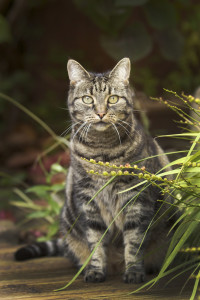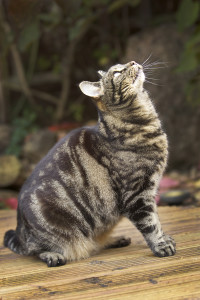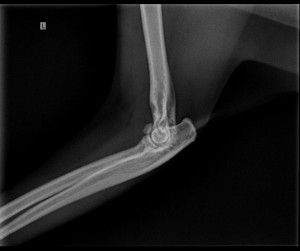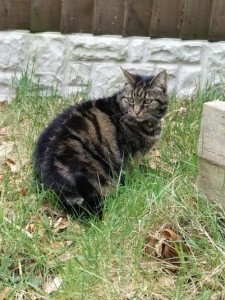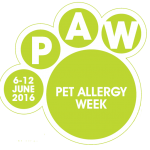 As part of ‘Pet Allergy Week’, we would like to raise awareness and increase understanding of allergic skin disease in animals. It is an itchy condition and is becoming increasingly common in the pets that we see here at Hollybank.
As part of ‘Pet Allergy Week’, we would like to raise awareness and increase understanding of allergic skin disease in animals. It is an itchy condition and is becoming increasingly common in the pets that we see here at Hollybank.
Why is my animal itchy?
We see lots of itchy pets throughout the year, sometimes it can be seasonal but more often than not animals can be itchy all year round. Typical signs can include excessive scratching, biting, licking or chewing of skin around their body. Feet in particular are areas that dogs like to nibble! Some animals may also scratch their ears, shake their heads and even rub their face along the carpet or furniture at home. There are three main categories under which your itchy animal may fall. Your pet may in fact fall under a combination of all three, so here goes!
1) Parasites
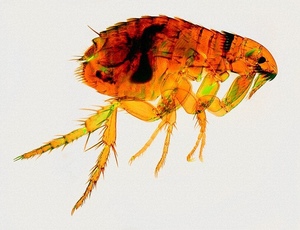 This can include, fleas and lots of different mites. Fleas and certain mites can be visible to the naked eye but some mites are buried deep within the layers of your pets skin.It is important to ensure that your pet has been treated for fleas with an effective product recently. In come cases we may suggest a different more specific mite treatment. To definitively rule in or out the contribution of parasites a series of skin and hair samples can be taken. This is usually tolerated conscious and then the samples are analysed under a microscope.
This can include, fleas and lots of different mites. Fleas and certain mites can be visible to the naked eye but some mites are buried deep within the layers of your pets skin.It is important to ensure that your pet has been treated for fleas with an effective product recently. In come cases we may suggest a different more specific mite treatment. To definitively rule in or out the contribution of parasites a series of skin and hair samples can be taken. This is usually tolerated conscious and then the samples are analysed under a microscope.
2) Infectious
Types of infection can include bacterial, fungal and yeast. These infections can manifest in lots of different ways on your animal’s skin; spots, pimples, crusting, smelly wet discharge etc. The infectious organism can be the original reason for your animal’s itch. More commonly, there is another reason for the itch and scratching has broken the skin surface allowing the normal bacteria on their skin to cause an infection. The itch from the infection increases the original level of itching and, as you can see, your pet the enters a vicious cycle of itching, infection and more itching! To definitively rule these infections in or out, skin samples can be taken. Where this is not possible, we will treat for infection and assess your pet’s response.
3) Allergies/hypersensitivities
Animals can be allergic to all types of environmental allergens such as grasses, house dust mites and many more! They can also have an intolerance to certain types of food. Any of these allergies can manifest as skin disease and often the animals’ ears will be affected too. The dietary ones may also present with gastrointestinal issues such as vomiting and diarrhoea. Diagnosis of an allergy can be tricky! Often it is a diagnosis of exclusion i.e we have to rule out everything else first!
We are never able to cure an allergy and it will remain with your pet for life. However, there are lots of different management combinations to help your pet. Allergy management can range from; veterinary prescribed shampoos, anti-histamines, steroid sprays, products to improve the skins natural defence, diet trials for dietary sensitivities, specific drugs targeted at your pets immune system and in some cases specially formulated allergy vaccines. Different animals will respond to different combinations and it can require a lot of time, patience and commitment to find the routine that works for you and your pet.
If your pet is itchy, it is important to consider and address all three of these categories. If your animal suffers from itchy skin then please phone 01606 880890 to book an appointment.

